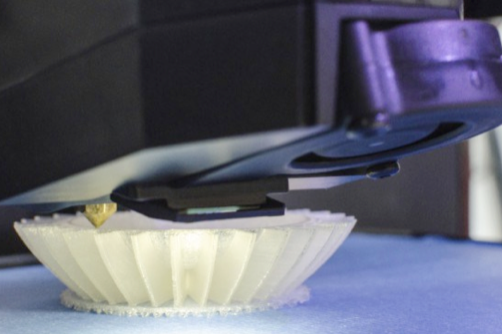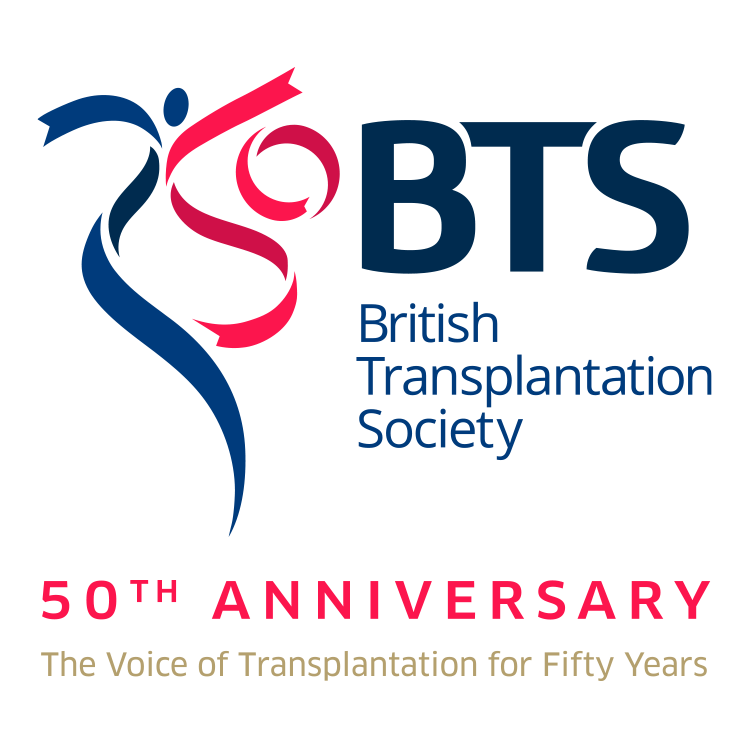3-D Printing Could Revolutionise Organ Transplantation

The recent emergence of 3-D printers promises to change the way we fabricate materials. With an advanced 3-D printer, people will someday be able to make almost anything at home with the proper raw materials.
It should be no surprise that doctors have been looking at this cutting-edge technology and experimenting with how they can use it as a tool to advance the practice of medicine.
…
Their ultimate hope is that they will be able to use a 3-D printer to create fully functioning human organs. When the day comes that the process is truly refined, immunosuppressant drugs will finally be unnecessary because the patient’s own cells would be used in the making of the organ. This would ensure acceptance, and the ability to fabricate organs would mean we would never have a shortage again.
…
In recent work done jointly by Sydney University and Harvard University, researchers managed to make their way over a significant barrier. The problem was that they couldn’t figure out how to make blood vessels form properly, which would quickly sink a printed organ’s chances at survival. They used a 3-D printer to create tiny capillaries which then led to the formation of blood vessels they were hoping for. Dr. Luiz Bertassoni, the man in charge of the project, cautions people not to jump to the conclusion that we can already start printing fully functioning 3-D organs. While he hopes that we will achieve the technology sooner, he believes it will still be a couple of decades before we advance that far.


